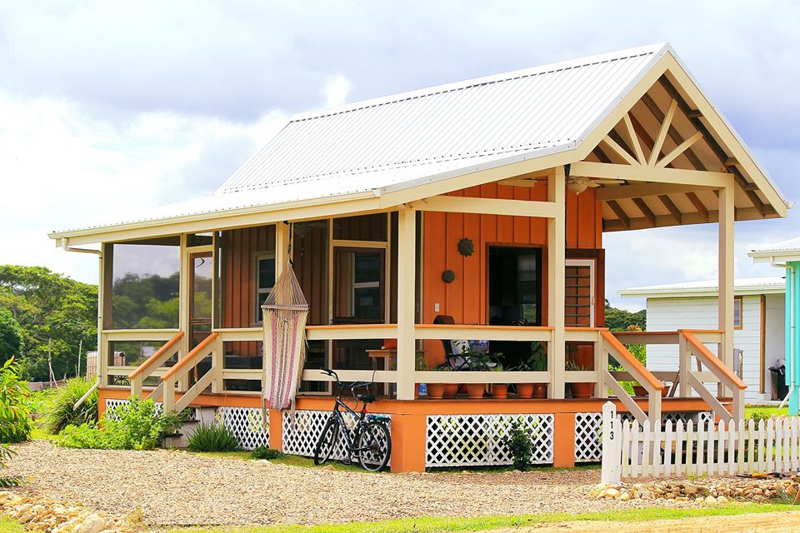Tips For Investing In Rental Property In Ontario

Buying rental property is an excellent choice when investing for the long term and when seeking to get a monthly income. A lot of research should go into the decision to invest in a rental property so that you are clear on the type of property and the amount to spend. There will be the pros and cons of any investment in rental property depending on your goals and risk appetite.
Investing In Rental Property for Beginners
The following are important tips to consider when contemplating buying a rental property.
Is it a good time to purchase a property?
Start off by assessing your current financial situation and determining if you are best placed to buy the rental property. Closely look at the following factors:
- Do you have a good credit score?
- Will you be in a position to commit money for the purchase and still cover your existing financial obligations?
- Have you budgeted for closing costs after buying the property?
- Have budgeted for costs associated with repairs of the property to make it rentable? Do you have some money aside to meet the costs of repairs and to service your mortgage up to the point the property has tenants paying rent?
- Where you have a primary residence, it will come in handy as a potential financing source. In most instances, you will be in a position to borrow up to a maximum 80% of the value of your current home to help pay for the rental property.
Prepare to Raise a Down Payment
Are you able to raise the minimum 20% down payment required before securing financing? Here in Ontario, the majority of investors reach the break-even point by making a 20% down payment. The rent collected should cover the mortgage payment with 80% financing, taxes, and condominium fees comfortably. Skip properties that will not offer positive cash flows with a 20% deposit and keep looking.
If you are able to raise a down payment of more than 20%, you will be eligible for a 30-year amortization on your mortgage. It will help in keeping your mortgage payments at the lowest possible and even in writing off mortgage interest against rental income when filing taxes.
Ideal Rental Property Type and Location
What are the types of rental property you are looking at? People investing in rental property for the first time will tend to go for condos and single family homes. However, it is the multiplex units and investing in vacation rental property that are more likely to give better cash flows.
Even though many people consider bigger as being better, sometimes in the rental market bigger is not always better since it will mean more taxes and bigger maintenance and repair bills. The bigger rental income may not entirely cover the additional expenses.
The location of the rental property is yet another important factor since it determines rent amount payable and ability to attract tenants. The ideal locations when investing in rental property in Ontario are close to hospitals, schools, retail premises, public transport, and other businesses. Your focus should be on neighborhoods that have a strong demand for rental properties and is projected to remain so in future.
Areas that are growing and that have improvement projects coming up such as planned mixed retail residential developments and those near subway stops and health clinics. Such neighborhoods are attractive to potential renters and will offer a better return on investment.
Work with Experts
There many challenges that you will encounter in the process of buying a rental property – legal, financial and real estate issues. Assemble a team of professionals to provide advice on matters real estate, finance, tax and legal. Surex is readily available to provide the right pieces of information and advice so that you avoid costly pitfalls when it comes to insurance.
An investment advisor is also required since you will be making an investment and it will have an impact on your portfolio and asset mix. Make sure that you have budgeted for the experts fees so that their costs will not come as a surprise.
Ways You Can Make Money on the Investment
Investing in a rental property Canada offers you up to four ways of making money.
Monthly Cash Flow: Cash flow which refers to the balance after deducting expenses from total rent payment. Monthly cash flow from the property is likely to be very low if you have a mortgage. Some investors get a negative cash flow whereby their expenses are more than rent payment received. Many of the negative cash flow will be betting on appreciation of the property or equity improvement.
Appreciation: One of the major benefits of investing in real estate property is the increase in value over the duration of ownership. The real estate sector has been one of the best performing with reference to investments. Depending on the type of property acquired, investments have returned anything between 4 and 10% in annual appreciation. However, it would be naïve to think that a property will appreciate throughout the ownership period. There will be years of no growth as well as years of negative growth depending on prevailing market conditions. All investments in rental property, and in general real estate, should be for the long-term.
Equity Improvement: As you continue to pay your mortgage every month after receiving rental payments, you will be building equity in the property. Equity is described as the difference between what the property is worth and what you owe.
Improvements: There is always an opportunity to renovate and increase value with rental property and depending on type of property. In fact, many investors will immediately renovate a rental property through additions or upgrading finishes to charge higher rents.
In conclusion, it is best to invest in slowly appreciating rental property in Ontario since they provide good cash flows. Always consider your financial goals and make a concrete decision when investing in rental properties. Do not forget to pay all applicable taxes both as a buyer (land transfer taxes), as a landlord (income tax on collected rental income), and finally as a seller (capital gains) when you choose to sell the property.





